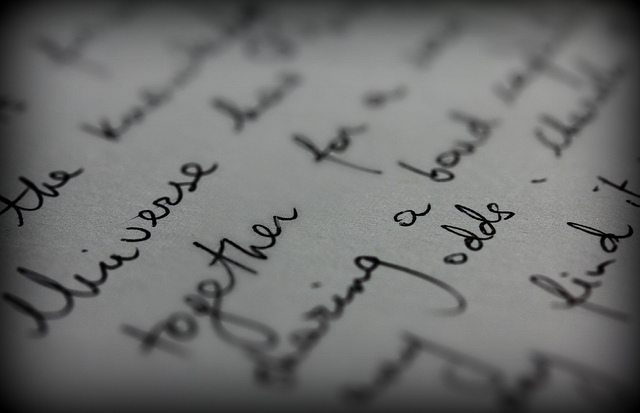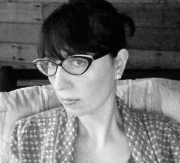I've got a big appetite for books. The only thing better than reading a good book is asking friends about their favorite books.
 And so I started 3 Good Books.
And so I started 3 Good Books.
It's a feature on Push Pull Books (my publishing company) in which I invite writers and artists to share their favorite books. Not just any beloved book, but those on topics related to their own work.
For example, writer Lisa Romeo shares her favorite books on personal essays by women. Poet and fisherman Henry Hughes recommends books on fishing. Artist Tracy Weil suggests books related to artistic play.
Like sneaking a peek at your neighbor's medicine cabinet, or eyeing up the grocery cart of the guy in line with you at the market, we get a glimpse into the reading lives of others. With each installment, my reading list grows. And that's just the point! Because when we read, creativity stirs, and when we create, our lives expand.
This week at 3 Good Books, we're talking about wilderness and giving away a copy of the Wilderness Ranger Cookbook, a robust collection of recipes and a celebration of the 50th anniversary of the Wilderness Act. Go here to win!
Read on. Check out these previous features:
Eduardo Gabrieloff on Latino Writers
Henry Hughes on Fishing
Lee Lee on Un(Natural) Resources
Mari L'Esperance on Mixed Heritage
Reb Livingston on Oracles & Dreams
Lisa Romeo on Personal Essays by Women
Penelope Scambly Schott on Strong Women
Ann Staley on Past & Present
Hannah Stephenson on Artists
Tracy Weil on Play
Allyson Whipple on Roadtrips & Realizations




















